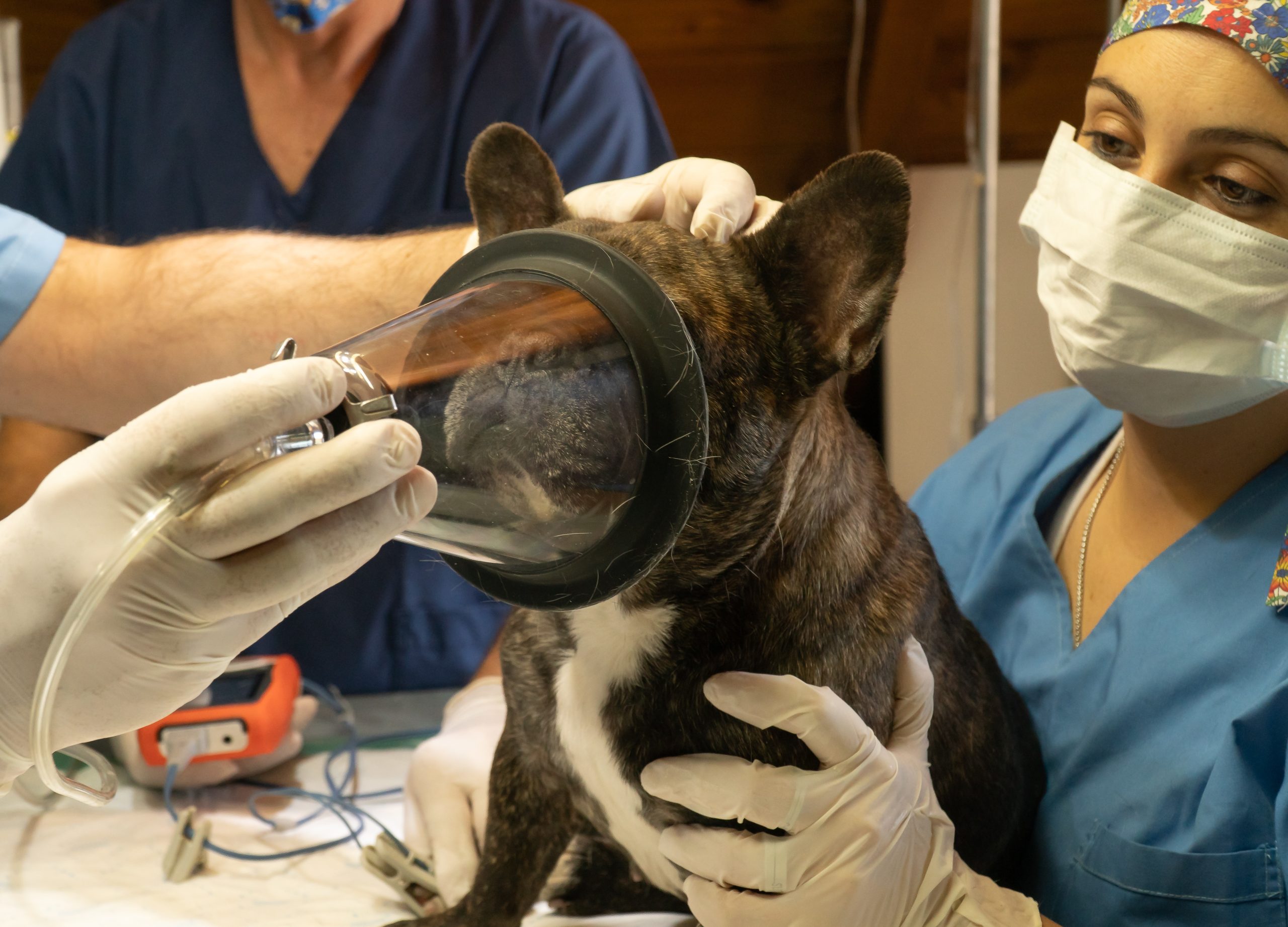Canine heart disease affects many dog breeds. Early detection and proper pet heart care are crucial to providing these vulnerable pups with the best quality of life. This article covers types of heart diseases, affected breeds, early detection measures, prevention tips, and treatment options.
Let’s explore how we can maintain our beloved dogs’ heart health.
Common Types of Canine Heart Diseases
- Degenerative Mitral Valve Disease: This ailment involves the gradual degeneration of the mitral valve, leading to compromised heart function and eventual heart failure.
- Dilated Cardiomyopathy: Characterized by an enlarged and weakened heart, dilated cardiomyopathy decreases the heart’s ability to pump blood effectively.
- Aortic Stenosis: This condition arises from narrowing the aortic valve, which obstructs blood’s exit from the heart, stressing the muscle as it works harder.
- Arrhythmogenic Right Ventricular Cardiomyopathy: The right ventricle’s muscle is replaced by fatty cells in this disease, disrupting the heart’s rhythm and increasing susceptibility to sudden death.
- Sick Sinus Syndrome: An abnormal heart rhythm is caused by a faulty sinus node that disrupts the heart’s ability to maintain a regular pace.
- Heart Murmurs: Abnormal heart sounds and murmurs can indicate various heart conditions requiring further investigation.
Specific heart conditions, like dilated cardiomyopathy, may need collaboration between vet cardiologists and veterinary pulmonologists. The canine respiratory specialist in Westminster is a well-known veterinary pulmonologist renowned for their expertise.
Dog Breeds Prone to Heart Problems
In this section, we will discuss specific dog breeds that have higher chances of developing heart issues and their respective vulnerabilities.
- Cavalier King Charles Spaniel: These adorable dogs rank highest for degenerative mitral valve disease, characterized by difficult breathing and excessive coughing.
- Dachshund: These small pups are susceptible to developing leaky heart valves. Increased vet visits are recommended as they age.
- Miniature Poodle: Miniature and toy Poodles tend to suffer from degenerative mitral valve disease, so annual vet visits are crucial.
- Doberman Pinscher: Known for their loyalty and stoic nature, these dogs commonly suffer from dilated cardiomyopathy—extra heart care is suggested starting at age four.
- Boxer: Unfortunately, these playful dogs are prone to arrhythmogenic right ventricular cardiomyopathy—fatty cell growth in the right ventricle muscle.
- Golden Retriever: These friendly family dogs often suffer from aortic stenosis and should be checked for heart murmurs from an early age.
- Schnauzer: Feisty, fearless, and friendly miniature Schnauzers may develop Sick Sinus Syndrome. Treatment can help diagnosed pups lead healthy lives.
- Great Dane: Despite their laid-back personality, these gentle giants suffer from so much heart disease that they’ve earned the nickname “The Heartbreak Breed.”
- Irish Wolfhound: Deep-chested and amiable, these dogs are susceptible to dilated cardiomyopathy. Regular heart check-ups, particularly as they age, are crucial.
- Labrador Retriever: These popular, active dogs risk obesity-induced heart complications without proper exercise and diet. Regular physical activities can help.
Early Detection and Diagnosis of Heart Diseases in Dogs
Getting your furry friend checked by a veterinarian is essential to pet care. Early detection of heart diseases can be achieved through routine exams. For example, Choice Veterinary Specialists animal hospital offers comprehensive examinations that help identify early signs of heart problems in dogs. Monitoring for symptoms such as coughing, shortness of breath, weakness, or fatigue is essential.
Diagnostic tests and procedures, such as EKGs, X-rays, and echocardiograms, can help determine the presence and severity of heart issues.
Tips for Maintaining Pet Heart Health
Here are a few tips to keep in mind:
- Provide a balanced diet and consider nutritional supplements that support heart health.
- Engage in regular exercise suited to your pet’s size, breed, and energy levels.
- Help your pet maintain an ideal weight to minimize the risk of heart issues.
- Ensure that your pet receives vaccinations and heartworm prevention medications.
- Attend regular veterinarian check-ups and communicate any health concerns.
Treatment Options for Canine Heart Diseases
Treatments vary depending on the particular condition. Medications, lifestyle changes, surgical intervention, and monitoring of underlying conditions may be necessary. Vets specializing in cardiology can provide further guidance. For more information, visit their website to explore the scope of services they provide.
The Bottom Line
As responsible pet owners, we must educate ourselves on different breeds’ needs and potential health vulnerabilities, especially regarding heart health. By focusing on early detection, heart care, and proper treatment, we can help our pets enjoy long, happy life. Stay proactive and prioritize your canine companion’s heart health.

